One of our fall leaf trips this year landed us in the middle of a hobbit-like forest, with Gandalf-ish beard hanging from every branch of every tree.
I'd done a bit of research on dyeing with lichen, and I'd decided I probably would not to harvest rock lichen in the wild because no one knows how long it takes to grow. Many of the blasted rock wall faces lining highways we drive (and ride) on a regular basis have little to no lichen, even though such highways likely are older than me.
We have what might be the right kind of rock lichen on a few rocks in our yard, purchased rocks that came with the house. I might one day test it to see if it truly will produce pigment, but that may be the extent of my rock lichen dyeing.
Beard lichen, on the other hand, grows plentifully where there is no air pollution. Deer munch on it. Elk eat it. Medievally, it was used as medicine. Beard lichen contains a potent antibiotic, and it also has anti-fungal properties. It's high in vitamin C. It thrives in some of our national forests. In the San Juans of southwest Colorado, evergreen forests have an enchanted and sometimes even spooky aura, thanks to dense clumps of Gandalf the Green beard lichen hanging from every branch, sometimes six to eight feet long.
I gathered a small bag full from densely draped trees. I felt as if I was a hair stylist in fairy land.
Back at home a day later, I solar soaked the beard lichen in water and ammonia for a little more than a month. The recycled canning jar I used was shaken twice a day almost every day. When the time changed, I was a little more nervous about venturing into our backyard in the dark after work, but the dye jar needed to be shaken. I kept at it. Until the morning after our second snowfall, when I found fresh bear scat throughout our backyard!
(The bear apparently ate all the cranberries that had been fermenting in a pumpkin with a skein of yarn and all the hibiscus petals and rosehips I'd used to tint more yarn after we stirred the plant matter and berries into our garden compost heap. We may have had one very happy bear. He returned a couple of days later to fertilize the garden for us again and find no more fresh and tasty goodies in the compost heap in exchange for his kindness.)
Our furry friend should be hibernating now. I hoped the beard lichen dye would survive a few days being agitated only once per day. I wasn't about to go back in the backyard in the dark!
The following weekend, I strained the fluid from the jar and put it in a recycled giant pretzel jar with an alum-mordanted skein of cotton yarn.
I'd read the yarn doesn't necessarily need a mordant when using lichen. I'd read lichen pigment doesn't really work on cotton, but I was all out of wool. I'd read the color of the pigment is not indicative of what color the yarn will be when you're done. Good thing, because the pigment looked like muddy water!
The yarn solar soaked for another week. Last weekend, I pulled the muddy-looking yarn from the dye pot and let it sit overnight.
Then I popped it in the dryer with about eight more skeins of yarn to set the various colors before washing and drying all the yarn once again.
Oh, my heavens! I did not expect the lichen-tinted yarn to be heat sensitive! But I'm in love!










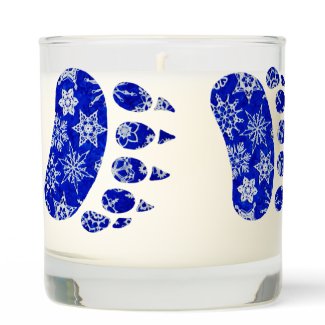


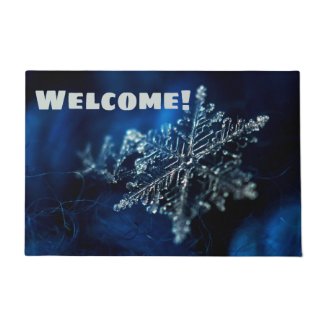

















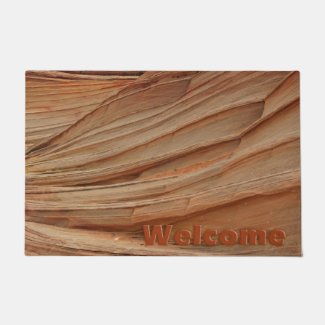
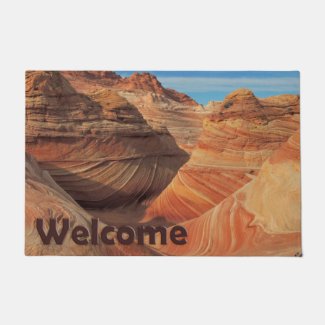


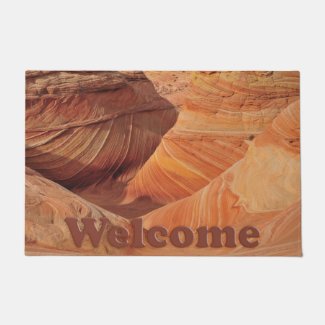
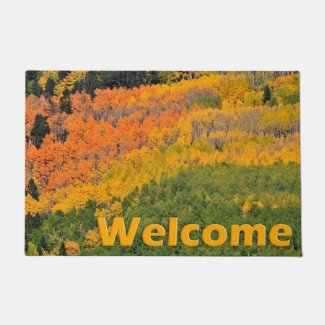
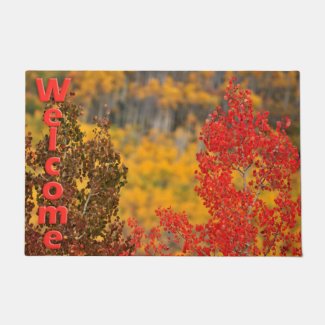
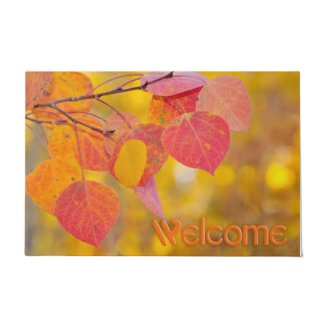
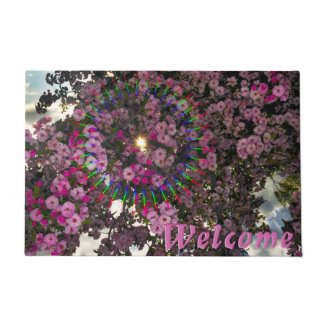
Wow have a few furry friends there, Winnie the Pooh needs to go for his winter nap haha
ReplyDeleteLooks like you have been up to a lot of good right along with your little friends. The yarns are exquisite.
ReplyDeleteWhen I first saw your photo and post, selfishly I thought, wow, happy it's not my snow, then I opened your post. Double wow, and quite new to me. Amazing vivid photos you offer, thanks.
ReplyDeleteJust amazing and truly very, very beautiful! Glad you have a friendly bear!
ReplyDeleteWow, love the color but totally unexpected. You just never know with this dyeing process what you'll get!
ReplyDeleteOh my gosh, Deb, I didn't see that one coming! It's absolutely lovely. :)
ReplyDeleteThat's an amazing color! (btw, some bears are still awake!).
ReplyDelete